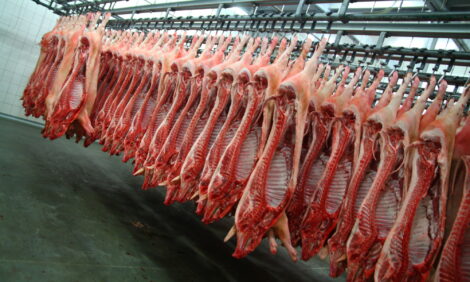



Tryptophan-Enriched Diet Reduces Pig Aggression
Supplementing the diet of young gilts with amino acid, tryptophan, made them less aggressive and easier to manage, according to new research from the USDA Agricultural Research Service (ARS).When pigs are subjected to the aggressive behaviour of other pigs, they become chronically stressed, which interferes with their ability to fight off disease and maintain typical growth levels.
Now scientists have found that feeding the amino acid tryptophan to young female pigs as part of their regular diet makes them less aggressive and easier to manage. Tryptophan, which is only acquired through diet, is the precursor for serotonin, which is a cerebral neurotransmitter that helps to control emotion and aggression.
In the study, a diet with 2.5 times the normal amount of tryptophan was fed for one week to three-month-old grower pigs and six-month-old finisher pigs. Another group of pigs received a normal diet.
Behavioural activity and aggressiveness were measured before and after the seven days of diet supplementation.
The supplemented diet raised blood concentrations of tryptophan in three-month-old females by 180 per cent and by 85 per cent in six-month-old females and reduced aggression and overall behavioural activity among the younger female pigs.
The research was carried out by Jeremy Marchant-Forde and Heng-Wei Cheng, USDA-ARS Livestock Behavior Research Unit, West Lafayette, Indiana.
September 2010








